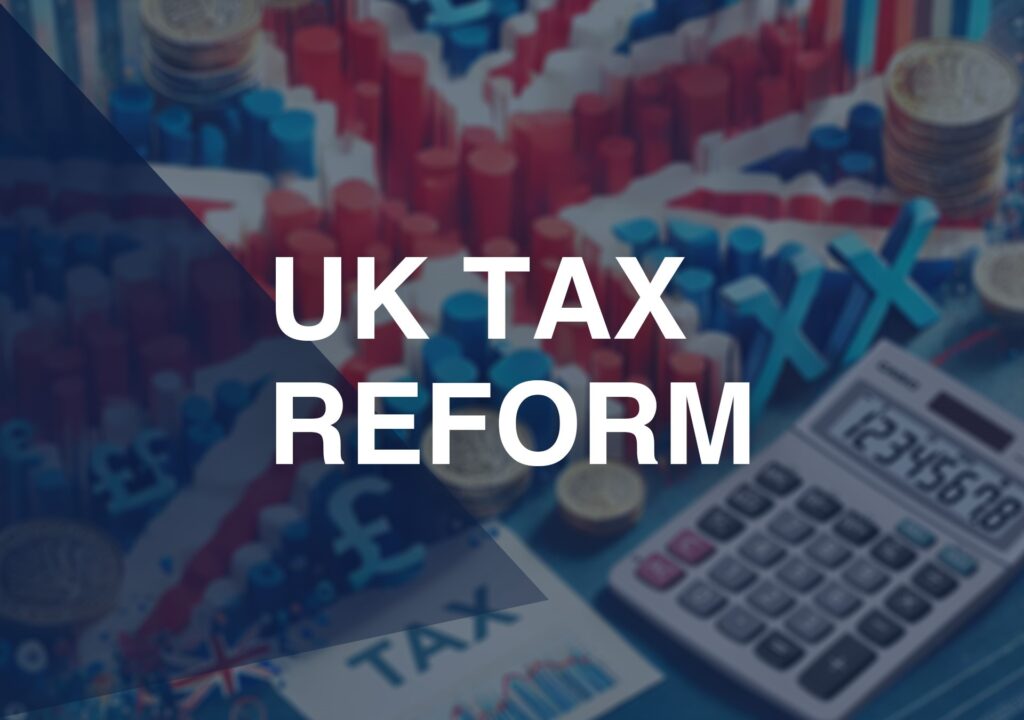By Partner Adrian Pilcher and Trainee Lawyer Aidan Plows
The Private Sector Pensions Act 2019 (the ‘Act’) came into force on the 4th August 2021.
The Act requires all employers within the private sector to establish and maintain a pension plan for its employees.
The Act establishes an obligation on the employer to establish and maintain a pension plan. The Act states that (subject to an employee satisfying the requirements listed below) an employer must:
- Participate in a pension plan (if no pension plan is available);
- Continue to participate in a pension plan (if one is already in available); and
- Make contributions to that pension plan in the manner highlighted below.
Which employees are eligible?
An employee will be eligible for membership of the pension plan if:
- he/she is fifteen years old or more;
- he/she has already completed 12 months of employment with the relevant employer; and
- in any preceding period of 12 months he/she has had earnings payable to him/her equal to or in excess of £10,000.
Who must comply with pension plan requirement?
All private sector employers must ensure that a pension plan is in place for their employees. A phased approach is being taken for implementation, depending on the size of the employer, as follows:
| Type of Employer | Meaning within the Act |
| An ‘enterprise employer’, on or before 1st August 2021 | An employer which employs 251 or more persons |
| A ‘large employer’, on or before 1st July 2022 | An employer which employs between 101 and 250 (inclusive) persons |
| A ‘medium employer’, on or before 1st July 2025 | An employer which employs between 51 and 100 (inclusive) persons |
| A ‘small’ employer, on or before 1st July 2026 | An employer which employs between 15 and 50 (inclusive) persons |
| A ‘micro’ employer, on or before 1st July 2027 | An employer which employs 14 or less (inclusive) persons |
Level of contribution required by the Employer/Employee
Defined contribution schemes
As regards defined contribution pension plans (money purchase schemes) the employer and employee must contribute an aggregate of at least 2% per annum of the employee’s earnings, on an equal contribution basis, unless the employer agrees to pay part or all of the member’s element of the minimum contribution.
Defined Benefit schemes
As regards defined benefit pension plans (final salary schemes) members and employers must contribute such amounts as are required (in accordance with the provisions of the scheme) to fund the benefits accruing under the pension plan.
In relation to both defined contribution and defined benefit schemes, both the employer and the member may contribute additional amounts (subject to the rules of the pension plan) without requiring the other to match the additional contribution.
Employee ‘opt out’ & late ‘opt in’
An employee may, by submitting the prescribed form to the Commissioner (i.e. the GFSC) state that they do not wish to form part of the pension plan. However, an employee who has opted out will be free at any time to opt in.
The Pension Commissioner
The Pensions Commissioner will be the Gibraltar Financial Services Commission, who is is granted wide powers under the Act to enforce its provisions, including the following:
- to order a scheme administrator to:
- take or refrain from taking certain action in respect of a pension plan or fund;
- cease and desist any conduct which contravenes the Act or any regulations made under the Act;
- take any action to avoid contravening the Act or regulations.
- to order and employer or administrator to provide information in order to assess compliance with the Act;
- the power to enter and search premises (on the grant of a warrant by a magistrate).





